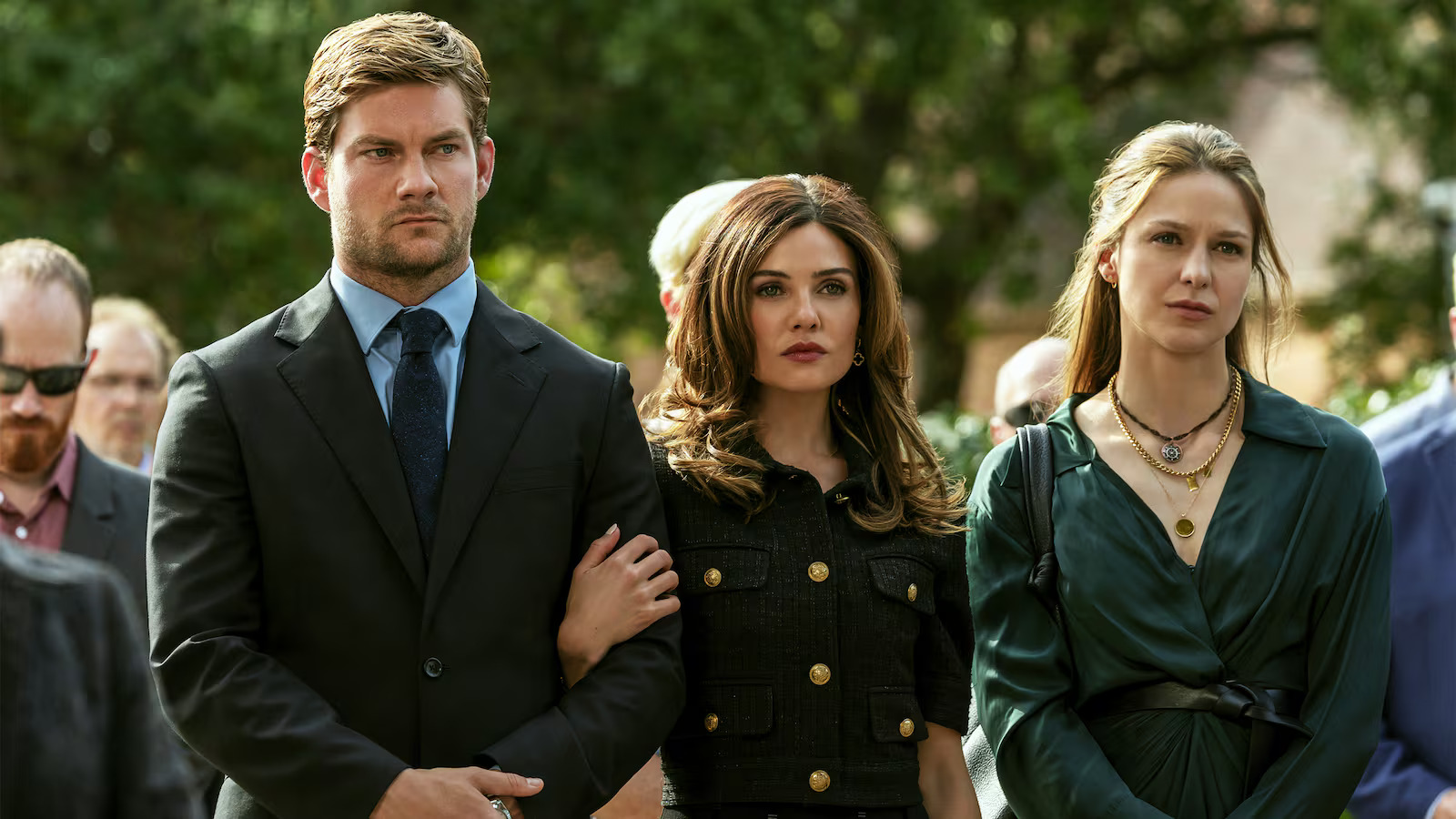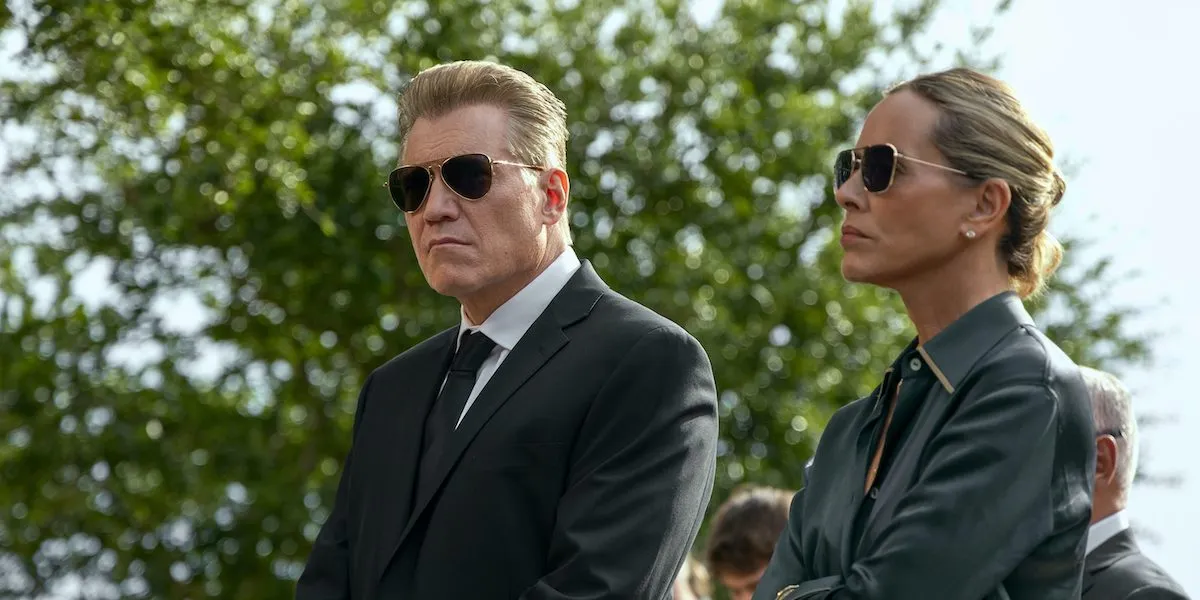Kevin Williamson, known for Dawson’s Creek and Scream, reveals that The Waterfront, his new Netflix series, is loosely based on his turbulent upbringing. While Dawson’s Creek hinted at real-life experiences, The Waterfront dives headfirst into more illicit territory, including drug smuggling and violence. He shares that much of the series draws from his childhood in coastal North Carolina, including a prank involving sharks and family ties to marijuana smuggling.
The Waterfront centers on the Buckleys, a privileged Southern family who turn to drug running when their wealth dries up. The drama escalates into violent confrontations and moral compromise. Williamson taps into themes of duality — the glossy surface of coastal life versus the chaos beneath — to create what he calls a “bingey, summer fun” show that still wrestles with dark moral questions.
Topher Grace plays Grady, the show’s unhinged antagonist. Williamson wrote the role with Grace in mind, relishing the challenge of casting a traditionally likable actor as a deranged criminal. Grady is portrayed as a castoff from a wealthy Atlanta family who went from stock fraud to running drugs, and ultimately spiraled out of control. His death at the end of Season 1 sets the stage for future villains.
New Villains Emerge As Buckleys Sink Deeper Into Crime, Loyalty And Consequences Multiply
While Grady is gone, Season 2 plans to introduce the Parker family — existing rivals of the Buckleys — as more dangerous and layered foes. Williamson confirms the show isn’t adopting a simple “villain of the season” format but is building a larger, interconnected narrative, with the Parkers poised to deepen the series’ tension and family drama.
Cane, played by Jake Weary, undergoes significant character evolution in Season 1. Though he tried to maintain moral boundaries, he ultimately commits murder in the finale. Both Williamson and Weary describe this act not as a descent into villainy, but as a complex moment driven by family loyalty. It signals a turning point in Cane’s emotional and moral journey.

By the end of the first season, the Buckleys break even financially, but their newfound success only deepens their entanglement with crime. Patriarch Harlan, energized by the thrill and purpose of drug running, isn’t eager to quit. However, they now owe allegiance to the Parkers, tying them deeper into a criminal world with higher stakes.
Waterfront Drama Blends Beauty With Crime, Emotional Depth And Personal Real-Life Inspiration
Williamson explains why waterfront settings continue to captivate audiences — they symbolize wealth, beauty, and escapism. For The Waterfront, the idyllic backdrop plays against the dark undercurrents of the characters’ actions. The show’s aesthetic, tone, and pacing are crafted for binge-watching appeal, with an emphasis on fun and fast-moving plotlines despite its serious themes.
There are definite Bloodline vibes, especially with the scenic coastal setting and family-driven crime. However, Williamson stresses that The Waterfront is not as brooding — it’s intended to be more entertaining and accessible. The series leans into heightened drama and character complexity while maintaining a lighter, watchable tone.
Williamson admits the show is inspired by his family’s history. His father was briefly involved in marijuana smuggling during the 1980s and served time. While The Waterfront is heavily fictionalized, the core premise stems from truth, just as Dawson’s Creek was rooted in his teen years. He and his father even discussed turning the story into a show before his father’s passing.
While Williamson pitched The Waterfront as a three-season arc, he’s open to expanding it if the response is strong. He believes the show has enough depth and cast strength to go beyond, possibly up to five seasons. Still, he views three seasons as a solid, satisfying run — enough to explore the characters without overstaying its welcome in the streaming age.


